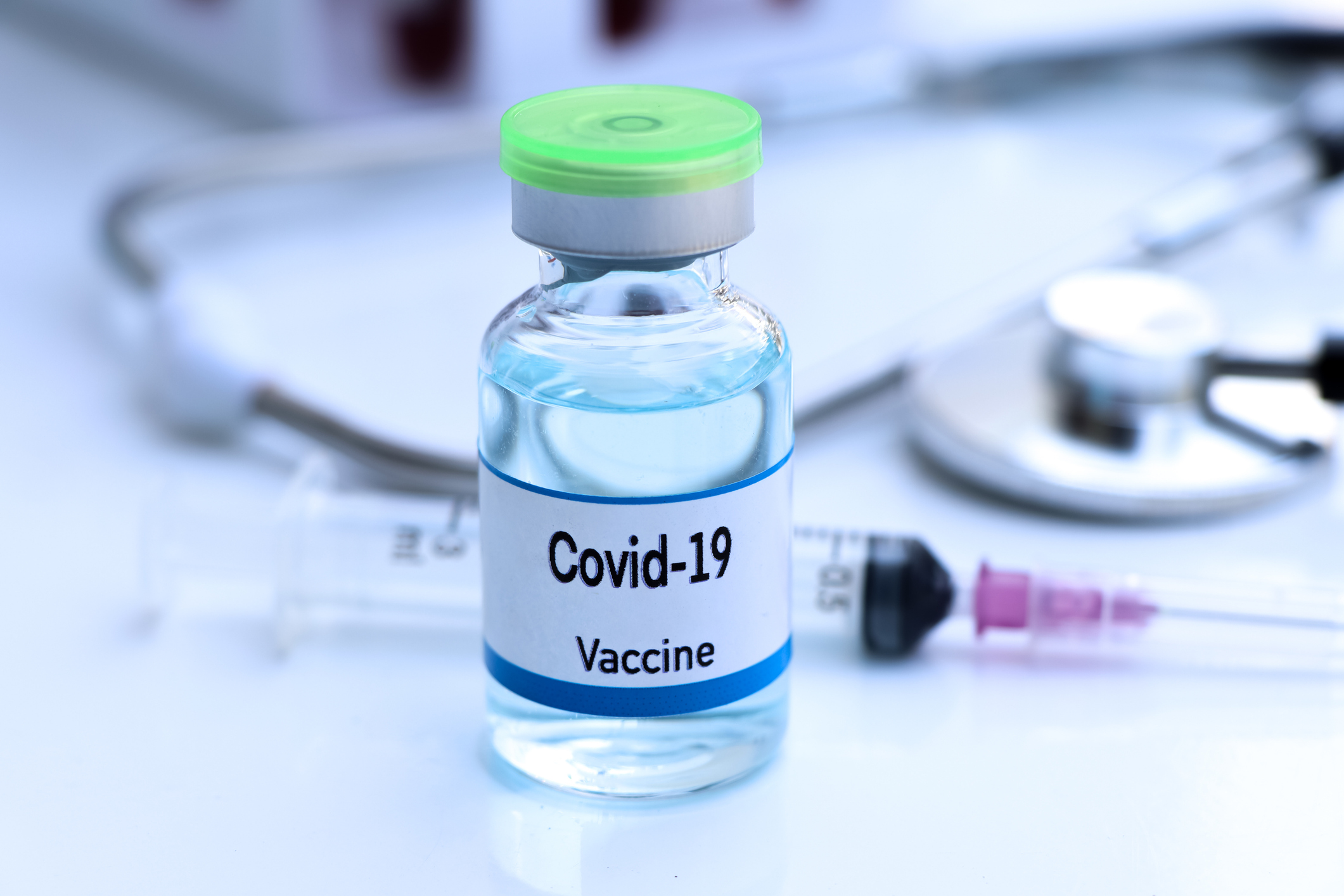Can I Be Fired for Refusing the COVID-19 Vaccine?
As we enter into the second year of the COVID-19 pandemic, hope is on the horizon: the number of active cases is declining and more people are eligible to receive a COVID-19 vaccination. However, what if your employer requires you to get a COVID vaccine — and you don’t want to do it, could you be fired?
With limited exceptions, your employer may terminate you for refusing a COVID-19 vaccination. This area of law can be complex, and there are a number of things to consider when deciding whether to refuse the COVID-19 vaccine. If you find yourself in this situation, contact an Orange County employment lawyer for a free consultation about your rights before making a decision.
Refusing to be Vaccinated
As a general rule, employers may require employees to be vaccinated and may terminate an employee who refuses to do so. During the current COVID-19 pandemic, if your employer has made it a term and condition of your employment to be vaccinated, and you refuse, you may be fired. Under the U.S. Occupational Safety and Health Administration (OSHA) and state law, employers are obligated to provide a workplace free from known hazards — which may include requiring employees to be vaccinated to prevent the spread of serious illness. There are situations in which employers may mandate employees to be vaccinated due to their occupation/profession. These cases often arise in the healthcare context where they often require that their employees be immunized against certain infectious diseases to protect themselves, their colleagues, and patients. In this context, with some limited exceptions, an employee who refuses a required vaccine may be terminated.
For Example:
Lauren is a nurse who was hired to work at a residential care facility. Her employer informed all employees that once the COVID-19 vaccine became available, everyone would be required to be vaccinated. If they refused to do so, then they would be terminated. Lauren is worried about the safety of the vaccine, so she refused the vaccine when it was offered to her, resulting in her termination. In this case, Lauren may not have a claim against her employer as the termination was most likely lawful.
However, if Lauren had a specific reason for not being vaccinated, then she may be able to file a lawsuit against her employer as described below. Notably, if you are terminated for refusing a COVID-19 vaccine, this may also impact your ability to collect unemployment benefits. For this reason, it is vital to consult with a skilled attorney before making a decision about how to respond to a vaccination request.
Some Exceptions to an Employment Vaccine Requirement
Some Americans may be hesitant for the COVID-19 vaccine because of a general distrust of vaccines, or perhaps they believe it has not been tested enough. However, these beliefs will most likely not permit an employee to demand an exception to a COVID-19 vaccine requirement. Under recent guidance from the Equal Employment Opportunity Commission (EEOC), employees may “not pose a direct threat to the health or safety of individuals in the workplace.” In other words, refusal of the COVID-19 vaccine could deem the employee as a potential health and safety threat to other employees, leaving the employer no option but to terminate the employee. However, if an employee has a medical condition that could be aggravated or impacted by the COVID-19 vaccine, the federal Americans with Disabilities Act (ADA) may allow the employee to argue for an exemption to the vaccine requirement. It is important to note, an employee seeking an exemption must demonstrate that the vaccine would negatively affect their disability and/or medical condition. Even if the employee falls under an exemption, the employer may still have some discretion in allowing the employee to continue to work. Prior to termination, the employer must check if it can provide reasonable accommodations to the employee to avoid the health and safety threat in the workplace. For example, if the job permits the employee to work remotely, but the employer refuses to offer the reasonable accommodation, then the employee may be able to file a disability discrimination lawsuit against their company. In other situations, an employee with a sincerely held religious belief, practice, or observance that prevents them from receiving the vaccine, may request a reasonable accommodation as well. Personal or ethical objections to the vaccine will typically not qualify as a sincerely held religious belief. As with disabilities, the employer should explore other accommodations before firing an employee. If they fail to do so, the employer may face a religious discrimination lawsuit.
Going Back to the Example Above Regarding Lauren:
If Lauren’s refusal for the vaccine is based on a disability or a religious belief, then she may be able to fall under the exemption. However, if her boss believes she would be a direct threat to the workplace or her non-vaccination would be an undue hardship where it is possible for COVID-19 to spread rapidly among vulnerable patients — then she most likely could be terminated. In this situation, working remotely may not be an option given the hands-on nature of nursing work, so her boss may choose to fire her.
Lastly, if you are part of a union and working under a collective bargaining agreement, then a vaccine requirement may violate the terms of that agreement. You may want to check with your union representative or an Orange County employment lawyer if you are in this situation.. If you have any questions in regards to your employment rights, reach out to us today by calling 949-771-8173 or emailing us at rob@odelllaw.com for a free consultation.



